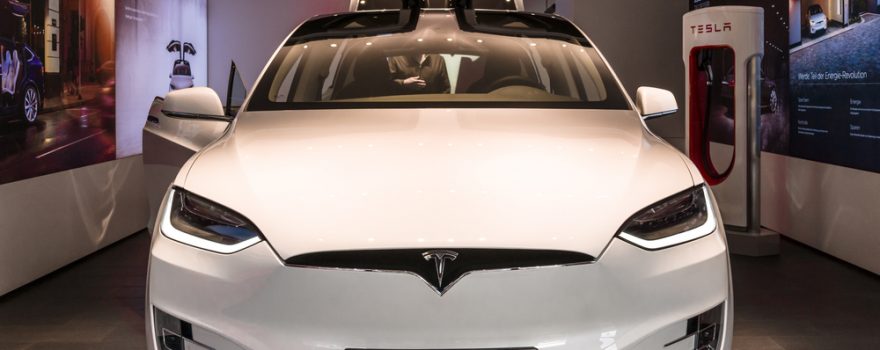
Elon Musk’s Tesla grapples with a 29% stock freefall within a mere 10 weeks, reaching its lowest point since May and triggering a staggering $234 billion slump in market value. This plunge eclipses the net worth of behemoths like McDonald’s, Disney, and Nike.
Market Turbulence: From $800 Billion to $550 Billion
Closing Wednesday at their nadir, Tesla’s shares have plummeted from nearly $800 billion to slightly above $550 billion. Notably, this descent surpasses the total valuation of McDonald’s ($212 billion), Disney ($202 billion), and Cisco ($199 billion), signaling a seismic shift in the financial landscape.
Comparative Decline: Outshining Netflix, Coca-Cola, and More
The repercussions extend beyond renowned brands, with Tesla’s loss exceeding the market cap of Netflix ($259 billion), Coca-Cola ($257 billion), American Express ($158 billion), and Nike ($148 billion). The downturn even doubles Starbucks ($104 billion) and triples Chipotle ($71 billion), FedEx ($62 billion), and Palantir ($58 billion).
Musk’s Wealth Erodes: A $40 Billion Hit in 2024
In tandem with Tesla’s stock nosedive, Elon Musk’s personal fortune shrinks by nearly $40 billion this year, slipping below $190 billion. This drop sees Musk relinquishing his top spot on Bloomberg’s billionaire ranking, ceding ground to Bernard Arnault and Jeff Bezos.
Ebb and Flow: Tesla’s Rise and 60% Plunge
While Tesla’s shares surged almost fivefold since 2020, they now stand 60% lower than their November 2021 peak at $1.2 trillion. Factors contributing to this downturn include dwindling demand for electric cars among consumers and car rental giants like Hertz. Tesla’s competitive struggle in China against BYD prompts price cuts as a survival strategy.
Hertz’s Electric Divestment: Concerns Over Demand and Repair Costs
Notably, car rental titan Hertz sheds light on industry concerns, selling off 20,000 electric cars in the U.S., a third of its global electric fleet. This move aims to rebalance supply and demand for electric vehicles, mitigate lower-margin rentals, and cut repair costs, emphasizing Hertz’s hesitation to heavily invest in electric vehicles. Previously, Hertz had bought 100,000 vehicles from Tesla in 2021, signaling a shift in strategy due to escalating repair costs associated with electric vehicles.
Hertz’s Electric U-Turn: Slowed Plans and Shift to Internal Combustion
Despite initial plans to electrify its fleet, Hertz shifts gears, citing electric vehicles’ higher damage repair costs compared to internal combustion engine vehicles. This strategic shift raises questions about the electric vehicle landscape, with Hertz currently selling over 700 electric cars, predominantly Tesla Model 3 and Model Y vehicles, through its used car platform.




